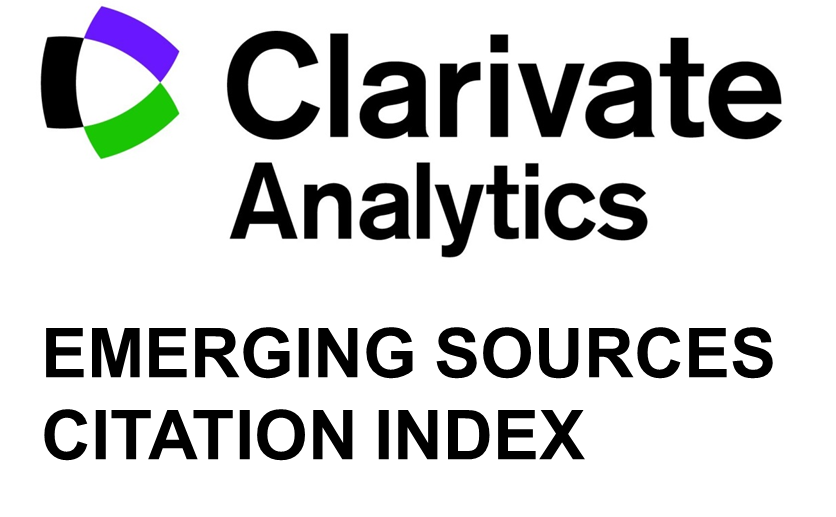Analysis of the impact of consumer psychological characteristics on decision-making styles and compulsive online shopping – an opportunity or an obstacle for strategic management?
DOI:
https://doi.org/10.5937/StraMan2500005VKeywords:
decision-making styles, online shopping, compulsive buying, strategic management, DASS scale, Big Five Inventory-44 (BFI-44) scaleAbstract
Background: Modern information and communication technologies, artificial intelligence, the Internet, and the process of globalization have led to the replacement of traditional consumer behavior patterns and decision-making styles with new ones, characteristic of life in the era of technological revolution. The exponential growth of online shopping indicates that contemporary consumers are willing to embrace innovations brought about by these processes. Moreover, it is evident that the affective, behavioral, and cognitive dimensions of consumer behavior are also changing under these new circumstances. Therefore, modern marketing research requires the obligatory analysis of psychological traits, especially of online consumers, in order to successfully manage customer relationships.
Purpose: The aim of this paper is to explore whether and how psychological traits—such as depression, anxiety, stress, extraversion, neuroticism, openness to experience, agreeableness, and conscientiousness—influence consumer decision-making styles and compulsive online buying. Furthermore, the authors seek to determine whether knowledge and understanding of decision-making styles represent an opportunity or a challenge for strategic management within organizations.
Study design/methodology/approach: A theoretical review of the available literature indicates a connection between psychological traits and consumer decision-making styles. Accordingly, an empirical study was conducted using a survey method on a randomly selected sample of 377 respondents. A specially designed questionnaire, comprising 14 questions divided into four thematic sections, was used for data collection. The empirical data were analyzed using descriptive statistics, cross-tabulation, Cronbach's alpha coefficient, multiple regression analysis, and Pearson's correlation coefficient.
Findings/conclusions: The results of the study show that psychological traits such as extraversion, neuroticism, innovativeness, conscientiousness, and openness to experience, as well as emotional disturbances (stress, anxiety, and depression), have a statistically significant impact on consumer decision-making styles.
Limitations/future research: The main limitation of this research lies in the absence of a universal model encompassing all relevant psychological factors that influence consumer behavior and that would allow for adequate quantification of such influences. Future research will focus on psychographic market segmentation and the application of nonlinear statistical models and machine learning methods.
Downloads
Published
Issue
Section
License
Copyright (c) 2025 Tanja Vujović, Ivana Aleksić, Romina Alkier Tomić

This work is licensed under a Creative Commons Attribution 4.0 International License.













